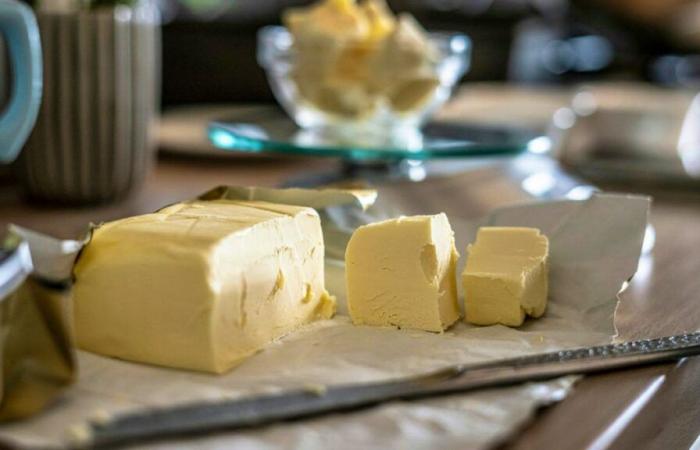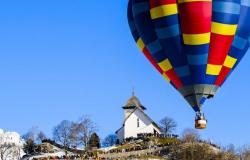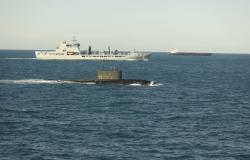Europe is experiencing an unprecedented butter crisis with prices reaching record highs, even in Switzerland. In fact, the 250 gram pack sells at the Coop for 3.95 francs, something unheard of for decades. In Germany, it trades at 2.39 euros, a record.
According to the European Commission, the price of wholesale butter jumped by 44% on average between January and December 2024. Poland recorded an increase of 52%, Germany by 40%, and Russia by more than a third. (and 100% in 2023). In Switzerland, the increase is more moderate, but still reaches 11% in two years.
As a result, the crisis is taking an unusual turn in the East, the “NZZ” reported on Saturday. Poland thus released 1,000 tonnes of butter from its strategic reserves to stabilize prices before the end-of-year holidays. And in Russia, certain brands, faced with increasing thefts, have locked it in secure shelves, alongside luxury products like caviar. Online shopping has also been limited to prevent people from stockpiling.
This surge is explained by a drop in production in 2024, in Germany, Ireland and Poland, three of the four largest butter producers in the EU. A decline due to the high cost of raw materials and energy, low milk prices and high transport costs. Not to mention the floods in Central Europe and the droughts in the South or the epidemics among cattle.
In addition, milk fat content was lower in 2024 than usual, without knowing why, forcing more milk to be used to produce the same amount of butter.
-Finally, the number of cows in the EU has fallen below 20 million for political and climatic reasons. Producers are therefore struggling to make their business profitable and many farms are closing, particularly in Germany, where 4% of farms disappear each year.
Why Russia and Poland are most affected
It is no coincidence that butter is on fire in the East. This is explained by the lower standard of living and especially the war in Ukraine. Energy prices in Poland have risen sharply since the Russian invasion, and the government has stopped paying some subsidies to farmers. On the Russian side, farmers are desperately looking for labor, because the men are all at war. The consequences of the conflict also increased production costs by half. Finally, the isolation of Moscow on the international scene as well as the devaluation of the ruble mean that Europeans and milk exporters like New Zealand deliver less.






